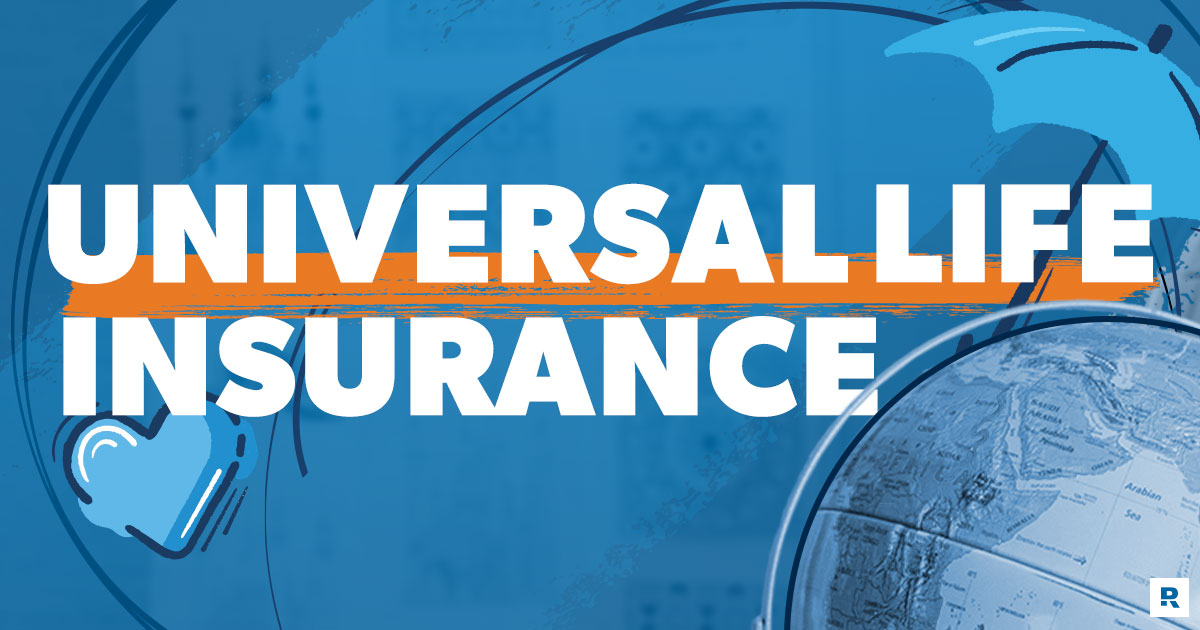Universal life insurance is a type of permanent life insurance that provides both a death benefit and a cash value component.
It’s a flexible option for Americans looking for long-term coverage that can also serve as an investment vehicle. In this article, we’ll explore the details of universal life insurance and how it can benefit you.
What is Universal Life Insurance?
Universal life insurance is a type of permanent life insurance that provides a death benefit and a cash value component.
It’s a flexible policy that allows policyholders to adjust their premiums and death benefit amounts as their needs change over time. The cash value account earns interest and can be accessed by the policyholder through withdrawals or policy loans.
How Does Universal Life Insurance Work?
Universal life insurance works by providing a death benefit to the beneficiary upon the death of the insured. The premium payments are divided into three parts: a portion pays for the death benefit, a portion goes into a cash value account, and a portion pays for administrative fees and charges.
The cash value account earns interest, which is typically tied to a financial index, such as the S&P 500. Policyholders can choose how their cash value account is invested, and they can also adjust their premiums and death benefit amounts as their needs change over time. Policyholders can access the cash value account through withdrawals or policy loans, but these actions may reduce the death benefit.
Benefits of Universal Life Insurance
There are several benefits of universal life insurance, including:
Lifetime Coverage: Universal life insurance provides coverage for the entire life of the insured, as long as premiums are paid. This provides peace of mind knowing that your loved ones will receive a death benefit upon your passing.
Cash Value Growth: Universal life insurance policies include a cash value component that grows over time. This can be accessed by the policyholder through withdrawals or policy loans, providing a source of liquidity if needed.
Flexibility: Universal life insurance policies are flexible, allowing policyholders to adjust their premiums and death benefit amounts as their needs change over time.
Tax-Deferred Growth: The cash value account grows tax-deferred, meaning you won’t owe taxes on the gains until you withdraw them. This can help maximize your returns over time.
Estate Planning: Universal life insurance can be used as part of an estate planning strategy, providing a tax-free death benefit to your heirs.
Drawbacks of Universal Life Insurance
There are also some drawbacks to consider when it comes to universal life insurance, including:
Higher Fees: Universal life insurance policies may include higher fees and charges than other types of insurance policies, reducing the overall returns on the cash value account.
Market Risk: The cash value account is typically tied to a financial index, meaning it’s subject to market risk. If the index performs poorly, the cash value account may not grow as expected.
Limited Investment Options: Universal life insurance policies may have limited investment options, as policyholders are typically limited to the investments offered by the insurance company.
Is Universal Life Insurance Right for You?
Whether or not universal life insurance is right for you will depend on your individual needs and circumstances. If you’re looking for long-term coverage that can also serve as an investment vehicle, universal life insurance could be a good option.
However, if you’re looking for lower premiums and more flexibility in your coverage, term life insurance or other types of insurance may be a better fit. Be sure to compare policies from multiple insurance companies and consult with a licensed insurance agent to find the right policy for your needs.

